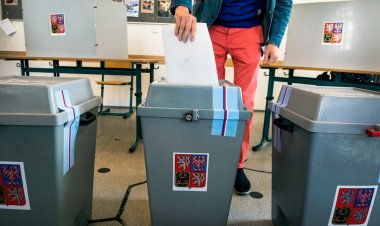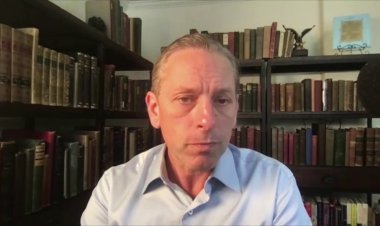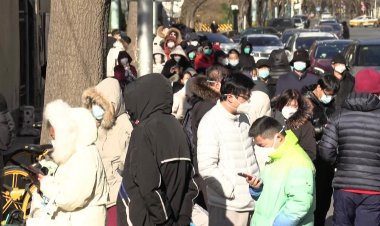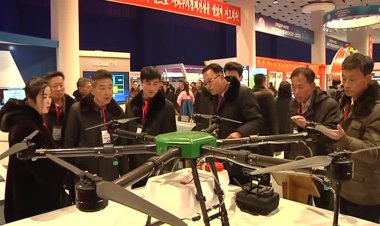UK's Christmas turkey dinners threatened by worker shortage
British poultry farmers are warning of a turkey shortage this Christmas, with one farmer arguing that Brexit has made it more difficult for them to find the workers they need to fulfil their orders. He says the migrant workers British farms used to rely on don’t want to return to the UK.
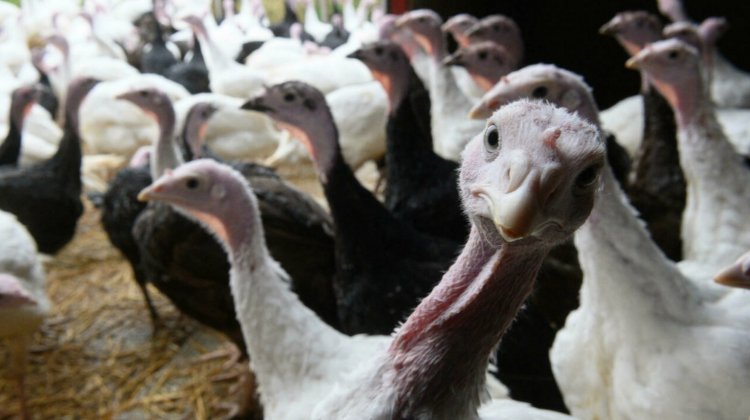
In a dark wooden barn in the countryside of southeast England, farmer Patrick Deeley is surrounded by a throng of 600 white turkeys at feeding time.
But the typical sight at Flower Farm near Godstone, in Surrey, belies a crisis: a lack of seasonal workers that will leave Deeley struggling to meet high festive demand.
"I don't feel confident that I'll get sufficient staff to be able to do the job that I need before Christmas," Deeley told AFP. "The pressure will be on."
Normally, Deeley could count on 12 seasonal workers by mid-December to help him pack, prepare and deliver the birds. For the last 15 years, he has recruited from Europe.
But Britain has now been out of the European Union for nearly 12 months. Free movement of people and workers across the bloc has ended, and tougher immigration rules have been introduced.
Unlike previous years, Deeley has not been able to attract a single worker from the European mainland to his 150-acre (61-hectare) family run farm in the rolling North Downs.
"Brexit is, as far as I can see, a huge contributing factor to that. It's created a massive loss of labour," he said.
- Fewer turkeys -
Faced with a labour shortage in the poultry sector, farmers across the country have been advertising for workers. But applications are extremely rare.
"It's not the most glamorous work in the world," said Mark Gorton, who rears turkeys in Norfolk, in the east of England.
"It's difficult work, it's farming seven days a week."
In previous years, Gorton said he would have had arrangements in place for 300 to 400 seasonal workers by the middle of December.
Many foreign workers went back to their home countries when the global health crisis struck and have not returned.
But farmers are concerned the visa waivers will have little effect.
"Would I leave my home, my country, my job, my security, just to come over and help out a country that said we don't want you anymore? I wouldn't do it," said Deeley.
"I see the implications now of Brexit as just huge, colossal," he explained, adding it had led to a situation where foreign workers felt "unloved".
Down on the farm, difficult months lie ahead.
"I'm going to have to persuade the people that are working for me that we're going to have to work 18-19 hours a day, instead of 16," said Deeley.





